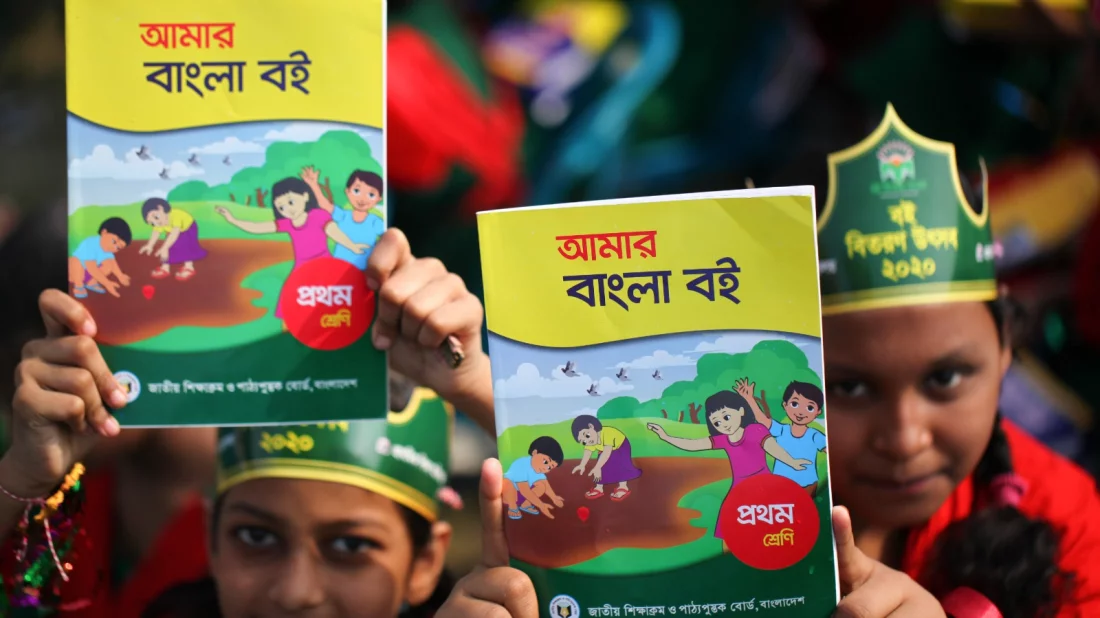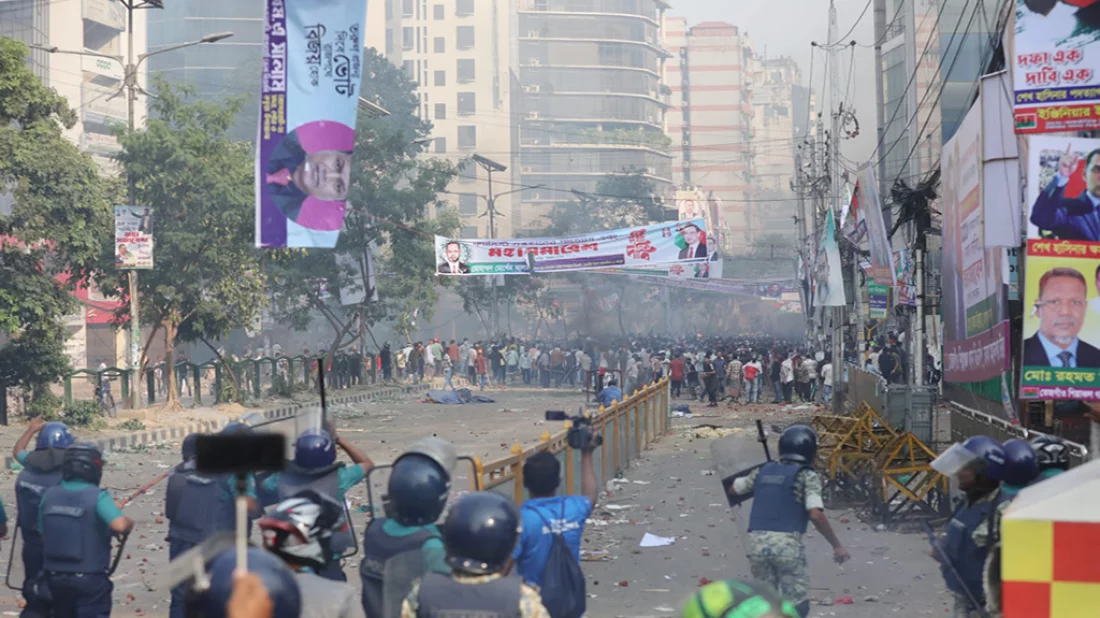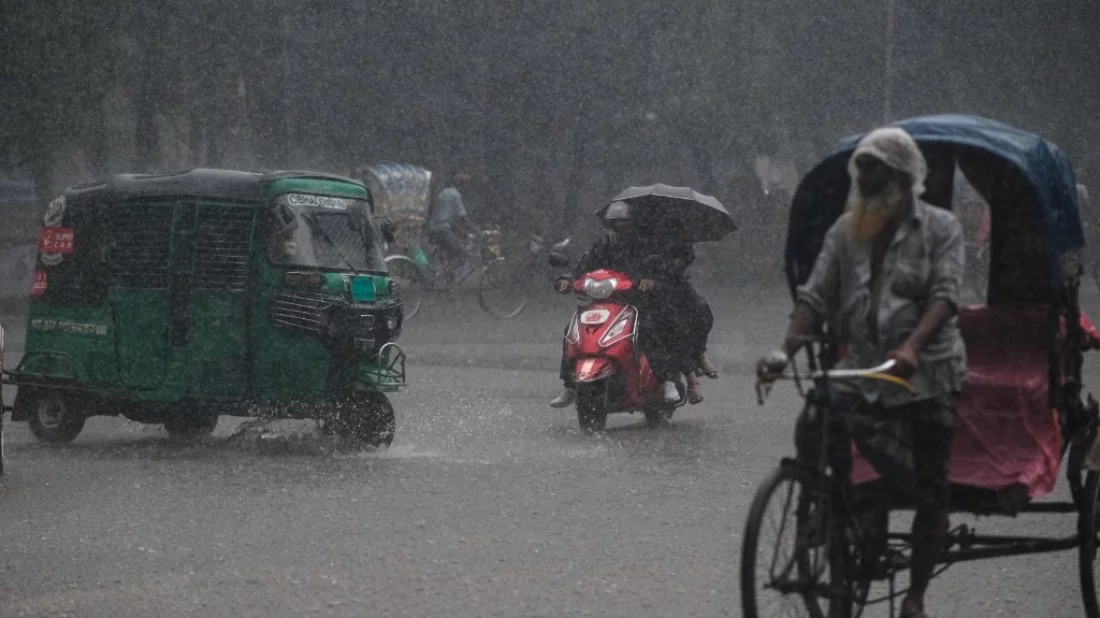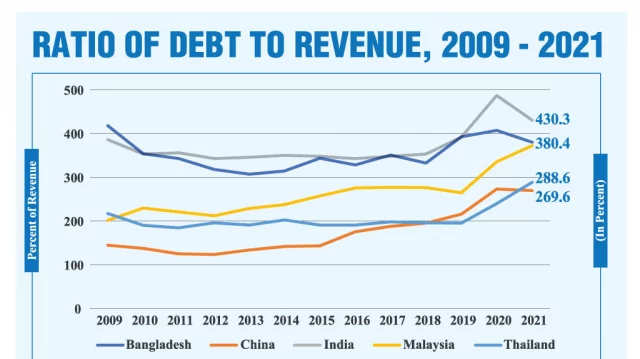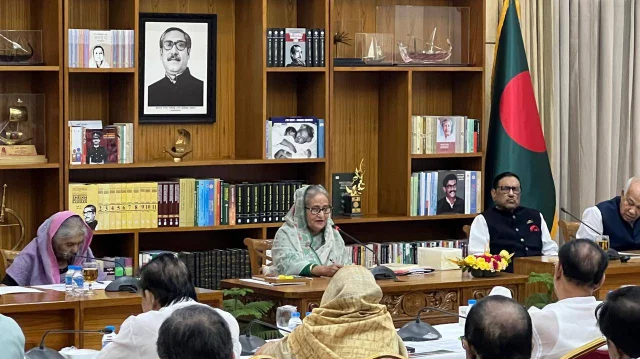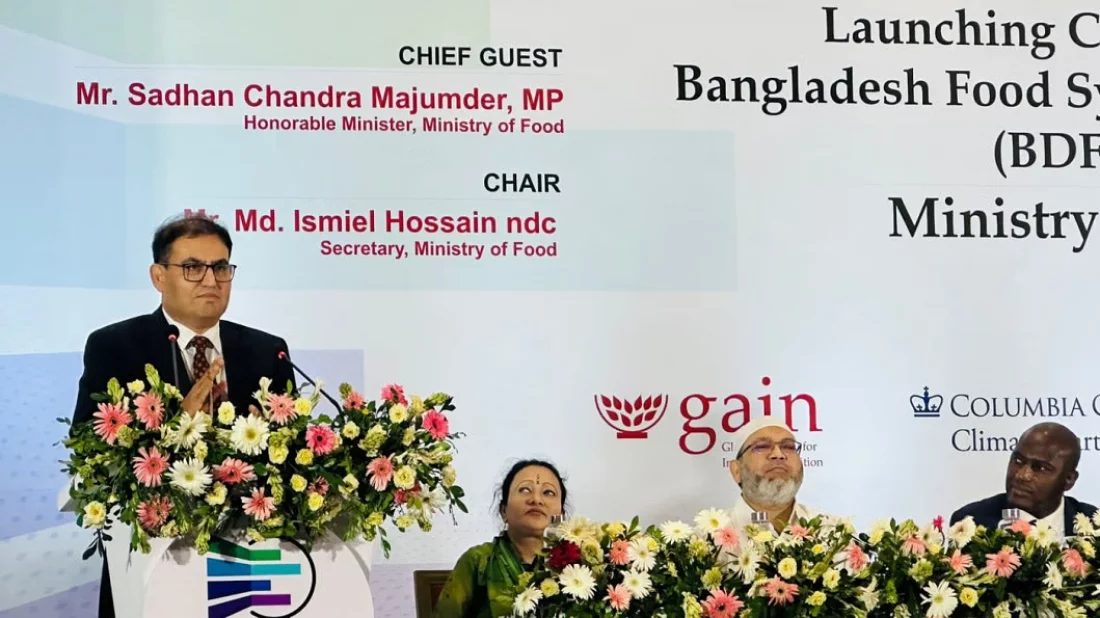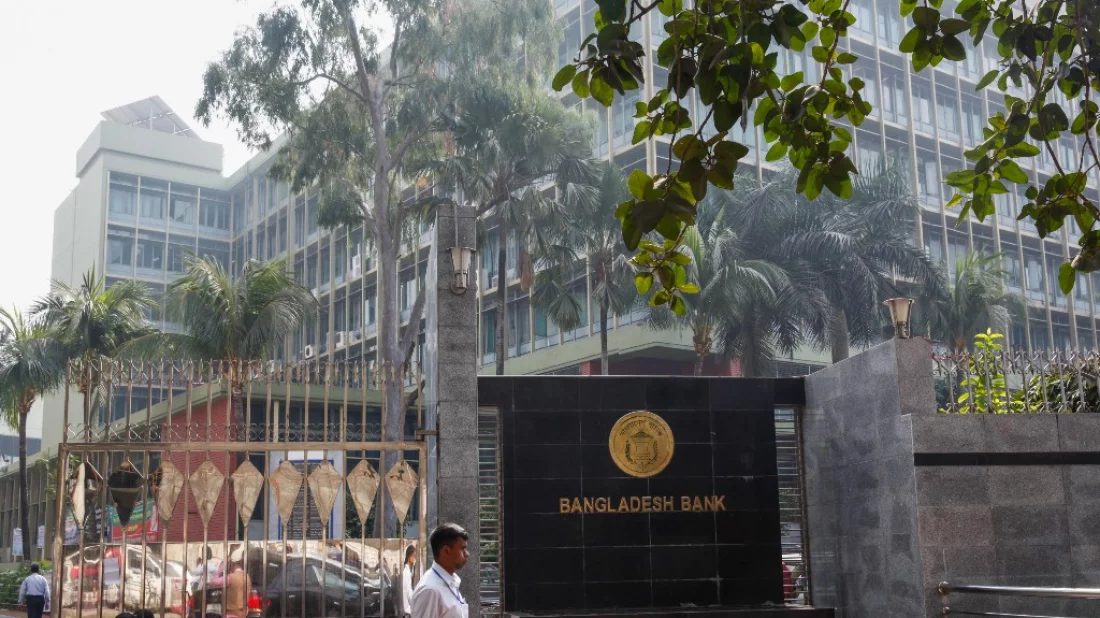Speculations are rife that anybody having money from unknown income sources can get his or her black money legalized by paying a flat 15% tax in the forthcoming annual budget
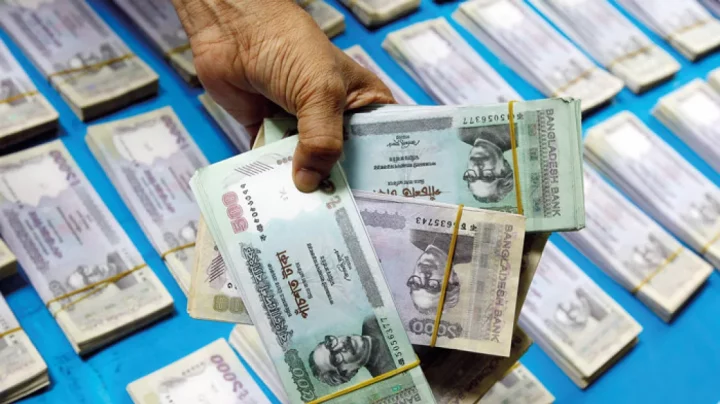
The government is likely to restore the chance of randomly whitening black money beyond any question in this regard in the next fiscal year.
Speculations are rife that anybody having money from unknown income sources can get his or her black money legalized by paying a flat 15% tax in the forthcoming annual budget.
Those intending to tap into the opportunity will be entitled to general clemency, sources involved in the process said.
In doing so, no agency of the government will raise questions about the income source of those possessing black money.
Sources at the Finance Ministry and the National Board of Revenue confirmed these.
In 2020-21 fiscal year, a similar scheme allowed black money-holders to whiten their assets at a mere 10% tax rate.
During the period, a record total of about Tk20,600 crore black money was legalized as 12,000 taxpayers took the opportunity.
But the scheme was revoked as it drew a poor response from the black money-holders.
In FY2022-23, the government allowed bringing back the money laundered from the country. But that move, too, did not bring fruit.
The highest rate of individual income tax was lowered from 30% to 25% in FY 2020-21 aiming to help people and the economy get rid of the Covid-19 pandemic shocks.
Even though the tax rate is still in place, the NBR now mulls reinstating the 30% tax rate.
If the government allows the wholesale whitening of black money, those having the money will be able to do so by paying only half the individual tax ceiling.
In FY 2021-22, there was a provision to bring back laundered money by paying only 7% tax. However, nobody took the chance.
In fact, the Income Tax Act-2023 allows legalizing black money. But it does not permit wholesale whitening.
Any taxpayer, upon paying up to 25% tax and a 10% fine on the tax, can legalize black money, according to the law.
Moreover, the law allows the whitening of black money by paying a certain amount of tax while buying plots and flats depending on their location and size.
Nevertheless, in this case, the government agencies concerned can investigate the source of income.
The scheme is yielding no good results for the mainstream economy.
Black money-holders are still entitled to legalize their money by paying a 10% tax for any venture in any economic zone or hi-tech park.
Those investing in the economic zones or hi-tech parks enjoy amnesty.
Policy Research Institute Executive Director Ahsan H Mansur argued that it is not fair to allow the whitening of black money.
“If black money is legalized, true taxpayers will get discouraged from paying taxes. There is no point in such a scheme existing,” he said.
Mansur went on to say: “The real taxpayers pay 30% in taxes. But those evading taxes and earning illegally are entitled to whiten their black money through a flat 15% tax.
“The scheme will be an injustice to true taxpayers.”
In FY 2020-21, a staggering 11,839 people had their black money legalized. In the process, the NBR received Tk2,064 crore in taxes.
The black money-holders included doctors, government employees, readymade garment exporters, bank sponsor directors, gold traders, and many more.
Of the 11,839 people, no fewer than 7,055 got their cash black money or deposited in banks amounting to Tk16,830 crore legalized.
The rest of the black money was whitened through investing in the housing sector or the stock market.
Since the country’s independence in 1971, all governments have been allowed to whiten black money. But the common measure faltered on most occasions as it was poorly responded to.



